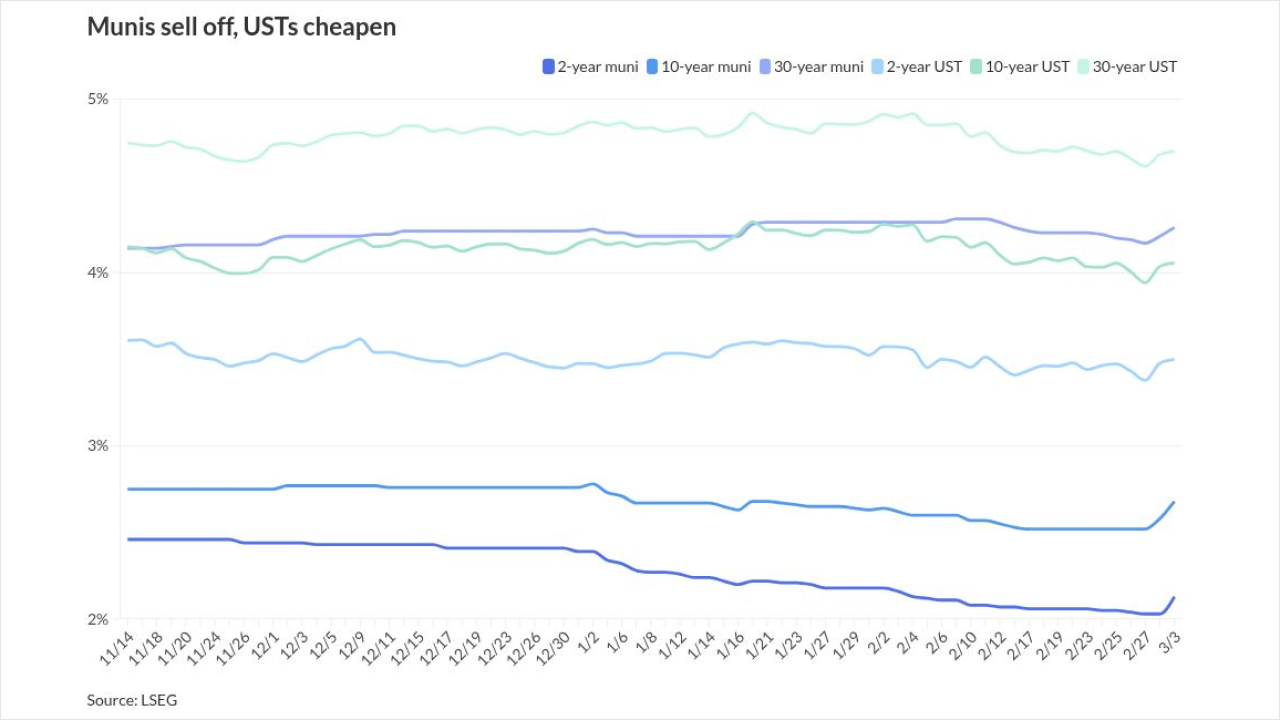CHICAGO –The Chicago Park District’s legal loss on its pension fund overhaul won’t prompt a downgrade for now, S&P Global Ratings said Monday in a bulletin that also warned of the need to come up with a new plan to save the fund from insolvency.
“While we view the court's striking down of the pension settlement statute as harmful to the district's plan to dramatically increase the funding of the pension system, we do not view the ruling as causing a budgetary crisis at this time,” S&P wrote in a report from analysts John Kenward and Helen Samuelson.

“Therefore, for now we are taking no action on our long-term and underlying ratings on CPD's GO debt,” they added.
The pension changes outlined in General Assembly approved legislation were signed in 2014 and took effect Jan. 1, 2015. They cut benefits for employees and annuitants and raised employee and park district contributions. Several fund members and a key union challenged the changes arguing they violated the state constitution’s pension clause that protects benefits from being impaired or diminished.
After the state high court struck down city and state pension reforms, parties in the park district fund case agreed that annuitant benefits could not be cut. Negotiations continued in an attempt to strike an agreement that would improve the weak funded ratios and stave off insolvency in 2023. Negotiations broke down and the court last month voided the legislative changes.
Under an agreed-to order, the pension fund can keep higher annual payments and $25 million in supplemental payments made so far made by the district but it must return $4 million to fund members. District contributions will return to statutory levels in place before the voided legislation and the district’s property tax levy will be lowered to reflect the change.
The district is now off the hook for a $50 million supplemental contribution the voided legislation called for in 2019.
The fund was at a 39% funded ratio as of Dec. 31, 2016. The district has said it will work with unions and the state legislature on a new plan. Because the fund gets to keep the district’s higher contributions through 2017, the date when the pension system is on track to exhaust assets is unclear.
“In our view, one of the ramifications of the court's decision is added uncertainty as to whether CPD can adequately address its pension challenges in the near term, and maintain budget stability in the face of the plan potentially becoming insolvent,” the report read. “If the district does not devise additional measures to stabilize the pension fund, credit stability could be threatened.”
Chicago re-tooled its pension legislation so that it primarily relies on higher city contributions. The General Assembly approved the city’s revised packages. Gov. Bruce Rauner sought to block them. The city’s final plan was tucked into the budget bills that overcame Rauner’s vetoes.
As of Dec. 31, 2016, the district’s retirement plan carried a net pension liability of $813 million and a funded ratio of 39.1%, down from 43.5% in fiscal 2015, according to the latest actuarial report.
The district carries double-A level ratings from three rating agencies. Moody’s Investors Service has its rating at a junk level due to the district's governance ties to the city. The district has about $800 million of debt.





